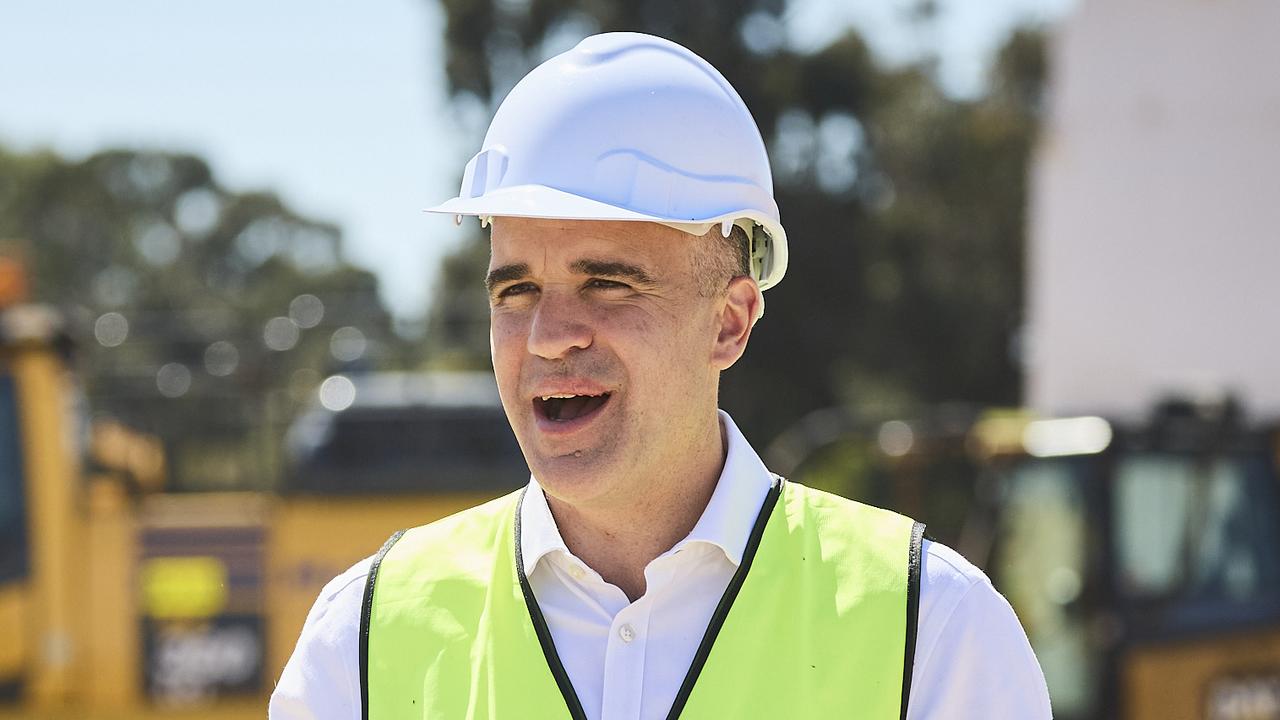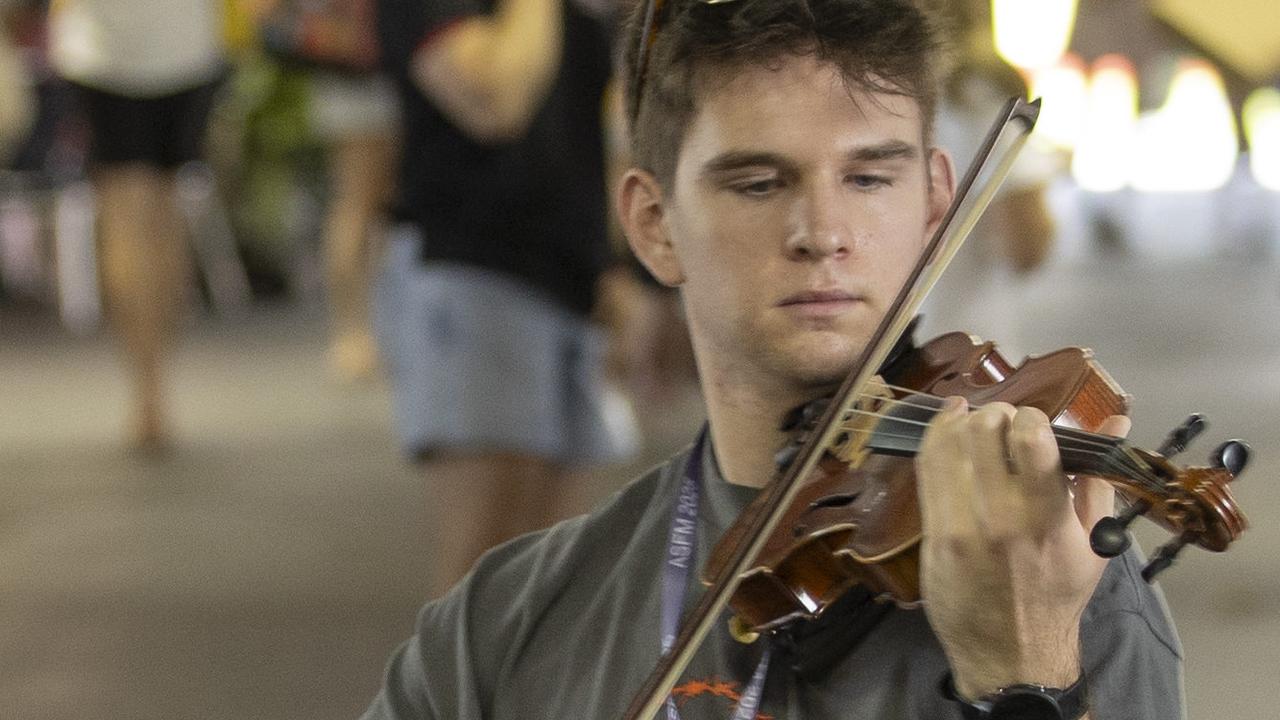SA woman Jo Scott left in chronic pain from undiagnosed endometriosis
It took 17 years, 14 doctors, opioids and surgeries until Jo Scott finally received the devastating answer to her excruciating pain and suffering.
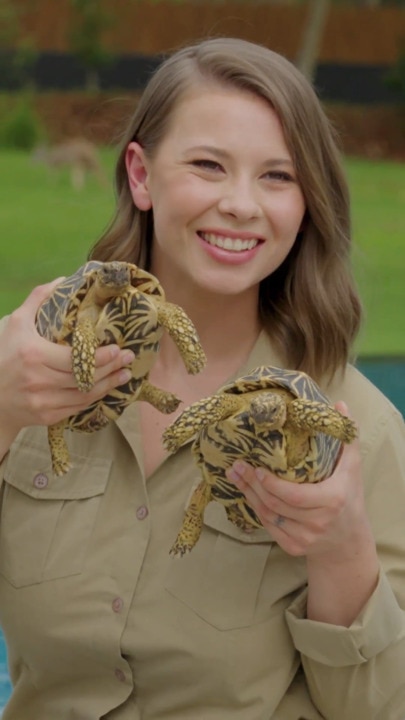
Lifestyle
Don't miss out on the headlines from Lifestyle. Followed categories will be added to My News.
It took Jo Scott 17 years and 14 doctors to receive a diagnosis for chronic, uncontrollable pain and it wasn’t from a lack of trying.
She was 13 years old when her period came.
“I’d have one week a month where I wasn’t in pain,” the now-38-year-old said.
“In hindsight, I don’t know how I survived.”
Jo said “pain was normalised” growing up in regional South Australia and it wasn’t until she moved to Adelaide for university and a friend encouraged her to see a doctor that she realised something could be wrong.
“He just put me on the pill,” Jo said.
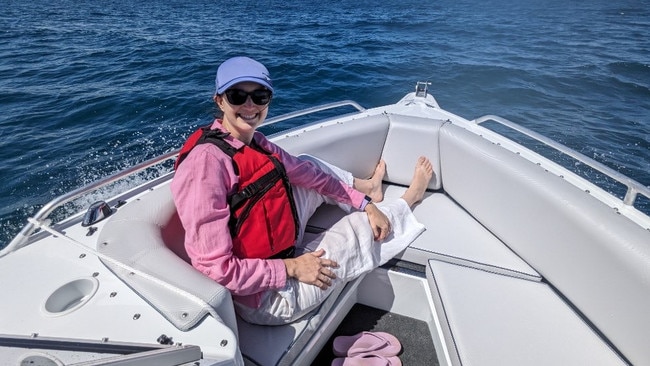
Eventually Jo was referred to a gynaecologist who believed she had endometriosis.
She had her first surgery at 23 but following the procedure the doctor told her she didn’t have the condition but instead had “very bad periods” and would “have to get used to it”.
“That was a big turning point because that was the moment that I thought, well my pain is not valid, this is just how I have to live my life,” she said.
The now 38-year-old lived in excruciating pain for over a decade, working as a high school teacher.
“My periods got heavier and heavier … there’s a pain that can take your breath away and that’s what is turned into,” she said.
“The first two days of my cycle, I wouldn’t be able to go to school because I’d be bleeding so heavily.
“I had an emergency pain management scheduled … it was basically a bunch of opiates to try and get through … and then post period because I would lose so much blood I would get anaemic.”
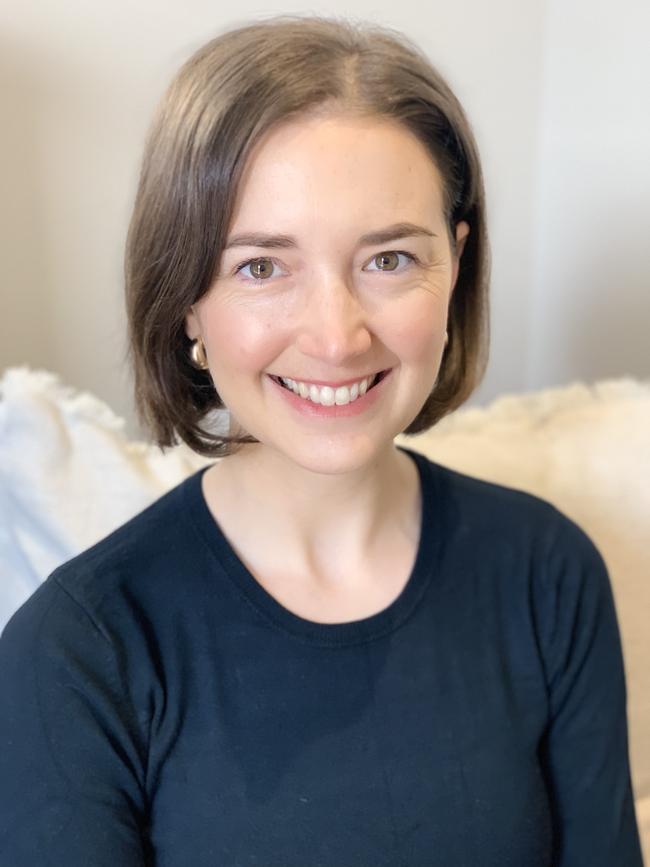
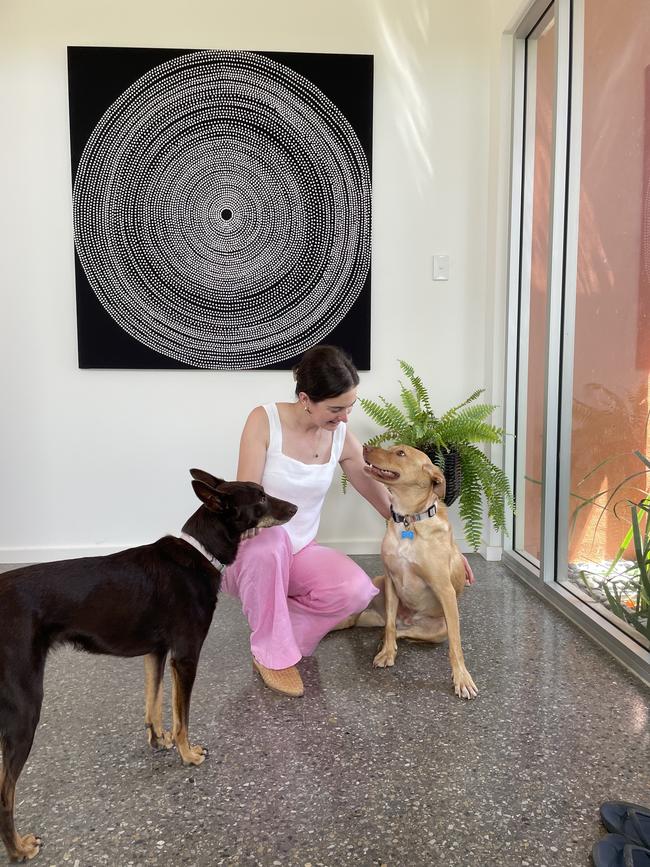
During that decade Jo visited a doctor for chronic UTIs who “insinuated that (she) must’ve been dirty and … needed to have a better showering schedule” – later it was discovered Jo had endometriosis in her bladder.
“Then I was lucky enough, I got pregnant with a boy, and then I lost that pregnancy,” she said.
“I switched gynaecologists and I told her what my periods were like.
“She said to me, a simple indicator for her would be if I had the best period of my life after my miscarriage, she would know I had endometriosis and I did – I had the lightest, least painful period of my life.”
Following Jo’s miscarriage, she had surgery and was given a diagnosis of stage four endometriosis.

The surgeon said it was so bad, she would not be able to have children.
“I definitely had a prolonged stage of anger because I really felt let down by a system that is meant to be supporting your health,” Jo said.
“Not having children is not just not having kids … you miss first birthdays, you miss going to school, you miss a lifetime of memories that you get to make, it’s not a simple or easy thing to get over.
“My entire life shifted from the diagnosis.”
Since, Jo has had a radical hysterectomy.
“I still have flare ups, but I have learned … and I have a management plan that doesn’t involve opiates and hardcore drugs anymore and I haven’t even been to emergency since,” she said.
Jo’s experience has inspired her to leave her previous job as a high school teacher and become a trauma and chronic pain therapist.
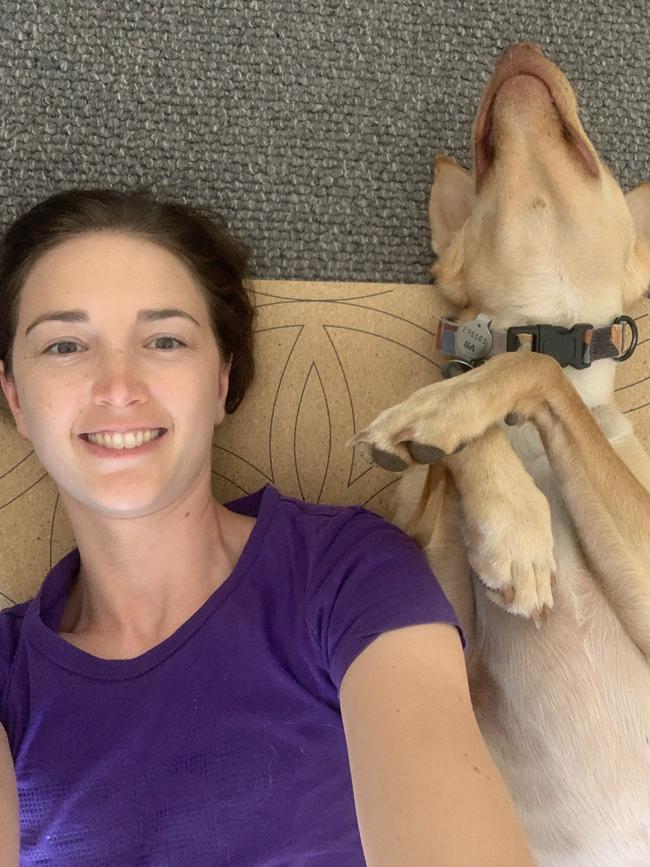
Endometriosis Australia, in collaboration with the Australian College of Nursing is announcing the first 15 recipients of the Endometriosis Australia Nurses Scholarship.
The program will allow nurses to become endometriosis speciality nurses and support those living with the condition in Australia’s remote and regional areas, like Jo.
This announcement is bringing hope to the thousands of women, girls, and those assigned female at birth living with endometriosis in regional and rural communities, where the delay from onset of symptoms to diagnosis is longer than the national average of 6.5 years.





